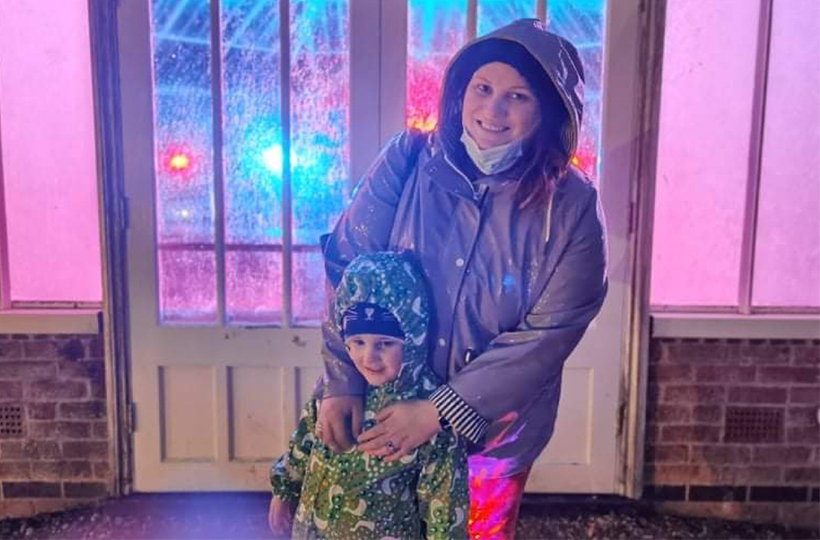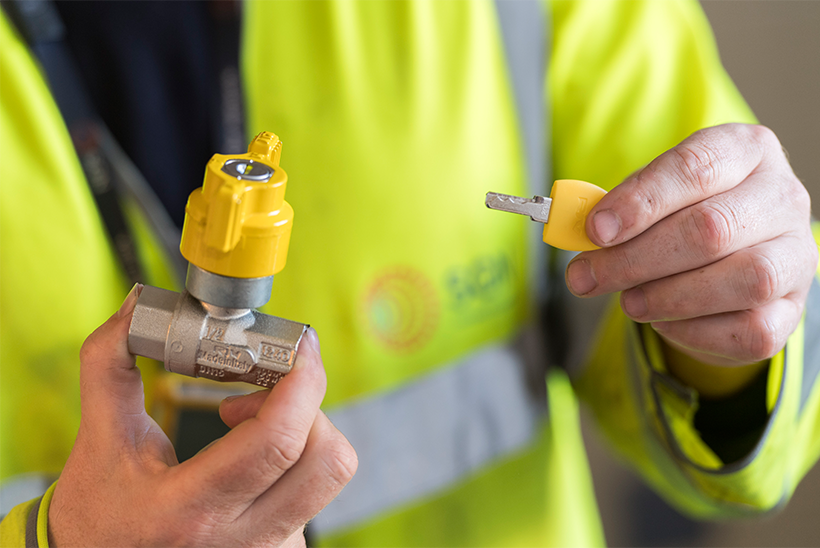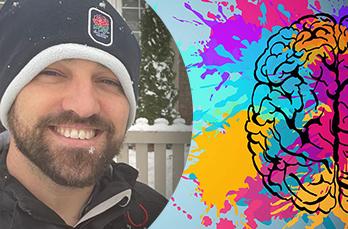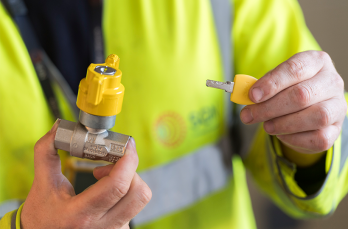
World Autism Awareness Day is celebrated every year on 2 April, providing an opportunity to increase understanding and acceptance of people with autism.
This year, we’ve heard from Debs Cane, our Customer Experience Manager for our southern network, who has shared her experience with autism and neurodiversity.
Debs and Evangeline’s story
In February 2017 I became the proud mummy to my daughter, Evangeline. However, at around 18 months old we started to notice she wasn’t hitting certain milestones – she wasn’t talking, didn’t look us in the eye and didn’t seem to realise when other children wanted to play with her. We started to suspect something may be a little different and began to investigate with the help of our doctor and nursery.
It took a couple of years and many assessments, but eventually she was diagnosed as having Autistic Spectrum Disorder (ASD), with suspected ADHD.
Every time we were asked questions about Evangeline to assess her position on the spectrum I thought “I do that…”.
This led me down the path of investigating my own neurodiversity and resulted in my recent diagnosis of ASD (Asperger’s) and ADHD (Attention Deficit Hyperactivity Disorder). It’s meant validation for me – more and more commonly now, women are being diagnosed with ASD in their 30s and 40s, who as children were just labelled as difficult, weird and unfocused.
There’s a reason why we are seeing more and more women my age being diagnosed – because for a very long time it was believed only men were autistic. Initially, all testing was done on males, with males and females presenting very differently, so young girls displaying autistic traits were dismissed as they didn’t match up with the symptoms displayed by boys.
My diagnosis is helping me understand how I can unlock my full potential and to embrace my skills rather than trying to mask them. I’m realising that neurodiversity isn’t something to be hidden and actually some of the most successful people in the world have been neurodiverse.
My neurodiversity means I can move quickly between tasks, juggle multiple projects and drive projects forward quickly. I can notice details that others may not be able to see, think outside the box and look at a problem with a different perspective.
I’m keen to break the stigma around autism and ADHD, so if you want to find about more about autism then visit the National Autistic Society’s website.

A locking cooker valve
Our free safety device keeping children with autism safe
The locking cooker valve (LCV) was first launched in 2015 and helps our customers in vulnerable circumstances to remain independent in their own homes.
The LCV is a simple safety device fitted to existing gas cooker pipework. When the valve is locked, it stops the gas supply to the cooker and eliminates the risk of the cooker being unintentionally turned on or left on.
It’s available free of charge to people living with autism. The carer or relative can easily turn the valve on using the key when the cooker is required, enabling the household to continue to use their gas cooker safely.
For our recent 1,000th installation, we received a request to fit an LCV through our partner East Sussex Fire and Rescue Service following a conversation with our customer, Mrs P, whose son is autistic and had an interest in lighting fires. There was growing concern for the safety of her home and family. Mrs P agreed with East Sussex Fire and Rescue Service to make a referral which made its way to SGN.
Read the full story here.



